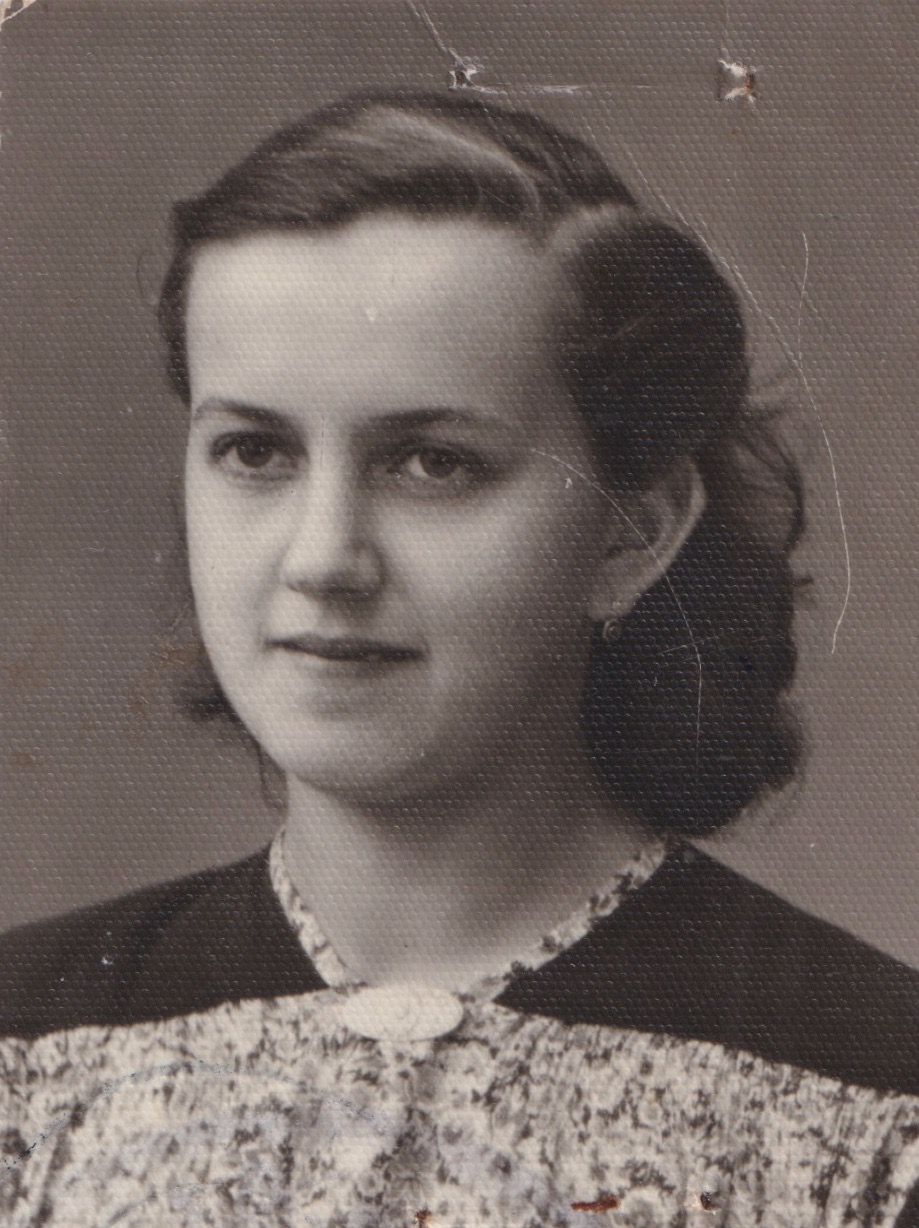We were supposed to replace the nuns in the hospitals

Download image
Marie Tulachová was born in Světlá pod Ještědem - Dolení Paseky on 4 November 1935. During the war, she and her parents visited the main county town of Liberec several times, where Czechs from Podještědí often brought their unregistered farm produce to sell. In 1941, she began attending the local Czech two-grade school, but she lost her father to cancer three years later and was fully orphaned in 1949. Instead of going to her dream medical school, she decided to take a job in Poživatina in Liberec for financial reasons. About seven months later, she succeeded joining a medical course in Turnov, graduated in 1951 and found a job as a nurse at the Kundratice Spa. In February 1956, she married Josef Tulach and the couple lived together for fifty-six years despite the fact that their life was often made difficult by the poor ‘cadre profile’ of her husband, who, as a kulak, could only do the most difficult jobs. For these reasons, the witness always tried not to take too much interest in politics and focused fully on her job, which she pursued with love until retirement in 1993. At the time of filming (2023) she lived in Světlá pod Ještědem - Dolení Paseky and was an active member of the Association of Natives and Friends of Karolina Světlá. We would like to thank the municipality of Světlá pod Ještědem for supporting the filming of her story.



















